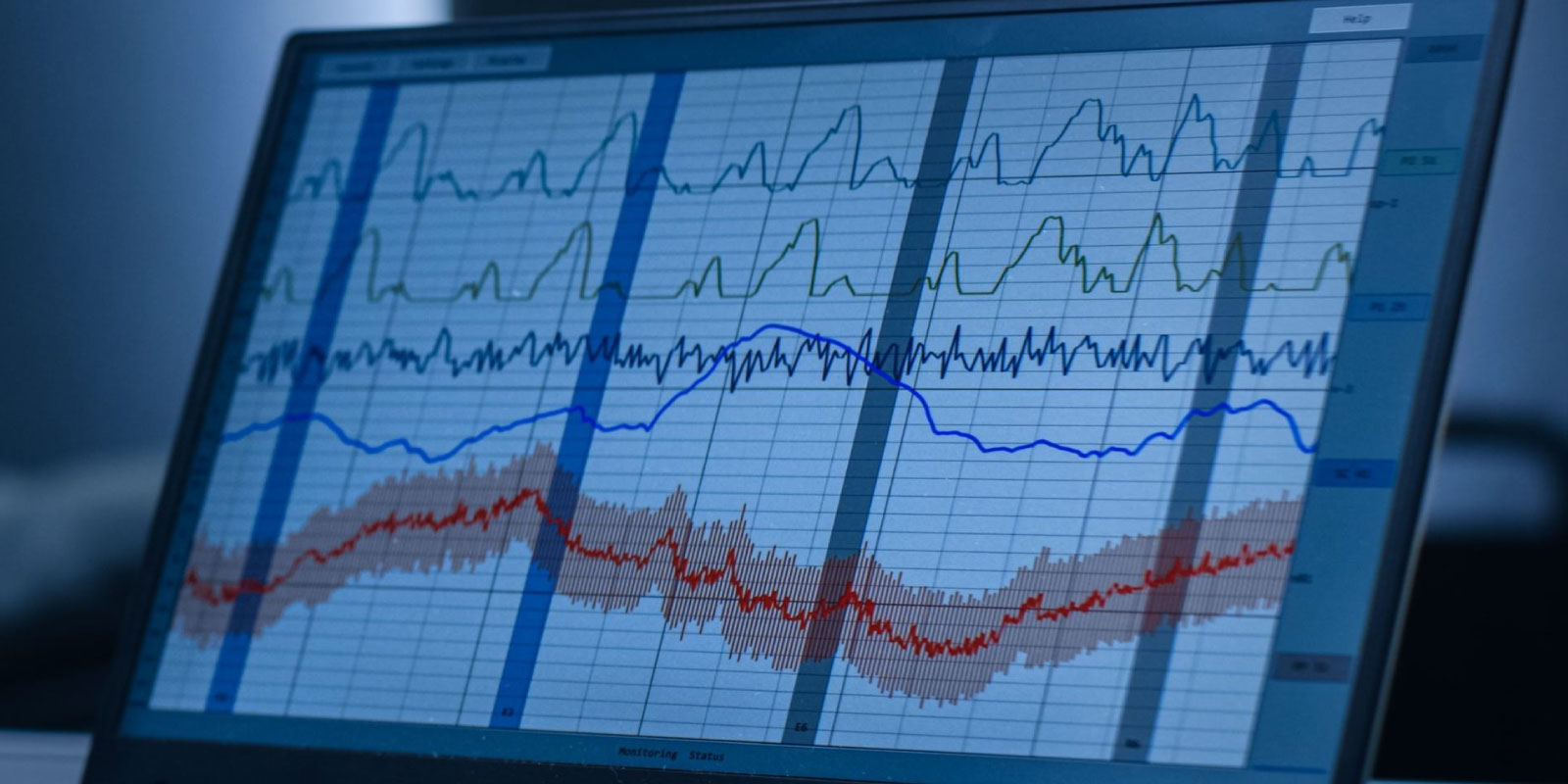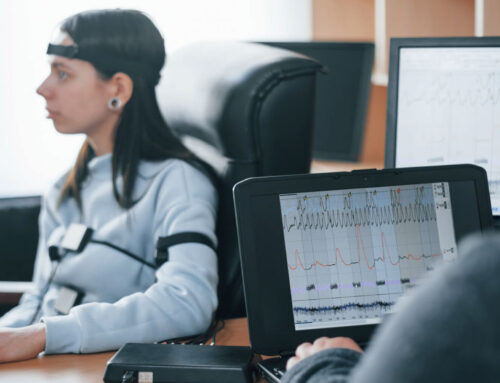In the pursuit of justice, law enforcement agencies rely on various tools to uncover the truth. One of the most discussed and controversial methods is the polygraph test, also known as a lie detector test. While not infallible, this tool has been instrumental in helping investigators assess credibility, detect deception, and gather leads in complex criminal cases.
What Is a Polygraph Test?
A polygraph measures physiological responses such as heart rate, blood pressure, respiration, and skin conductivity while an individual answers a series of questions. The premise is that deceptive answers cause measurable physical reactions that differ from truthful ones.
These readings are analyzed by a trained examiner who interprets patterns to determine whether the subject’s responses are consistent with truthfulness.
How Polygraph Testing Aids Criminal Investigations
Polygraph testing can provide valuable insights during the investigative process. Here are several ways it contributes to criminal cases:
-
Assessing Credibility: Investigators can gauge whether a suspect or witness is being truthful about key details.
-
Narrowing Down Suspects: Polygraph results help eliminate individuals who appear truthful, focusing efforts on those whose responses raise suspicion.
-
Encouraging Confessions: Failing a polygraph test can lead some suspects to admit involvement in a crime.
-
Supporting Witness Testimonies: Witnesses who pass polygraph tests can strengthen their reliability in the eyes of investigators.
Limitations and Legal Boundaries
Despite its benefits, polygraph testing is not foolproof. Emotional stress, medical conditions, and even the skill of the examiner can affect results. For this reason, polygraph results are often inadmissible in court, though they can guide investigative decisions.
In many cases, polygraph testing serves as a supportive tool, not a replacement for forensic evidence or solid witness statements.
Modern Developments in Lie Detection
Advances in technology are improving how deception is detected. New methods such as voice stress analysis, eye-tracking, and AI-based behavior analysis aim to enhance accuracy and reduce examiner bias. However, these innovations are still undergoing validation and standardization before widespread legal use.
Polygraph testing continues to play a valuable role in modern criminal investigations. When used responsibly, it helps law enforcement gather leads, assess credibility, and get closer to the truth. Although it’s not a definitive measure of guilt or innocence, it remains an essential investigative tool in the ongoing effort to separate truth from lies.
Need reliable and confidential polygraph testing services? Our certified examiners provide accurate, professional evaluations to help uncover the truth in legal, corporate, or personal matters. [Contact us today] to schedule a consultation and gain peace of mind with trusted results.






Leave A Comment